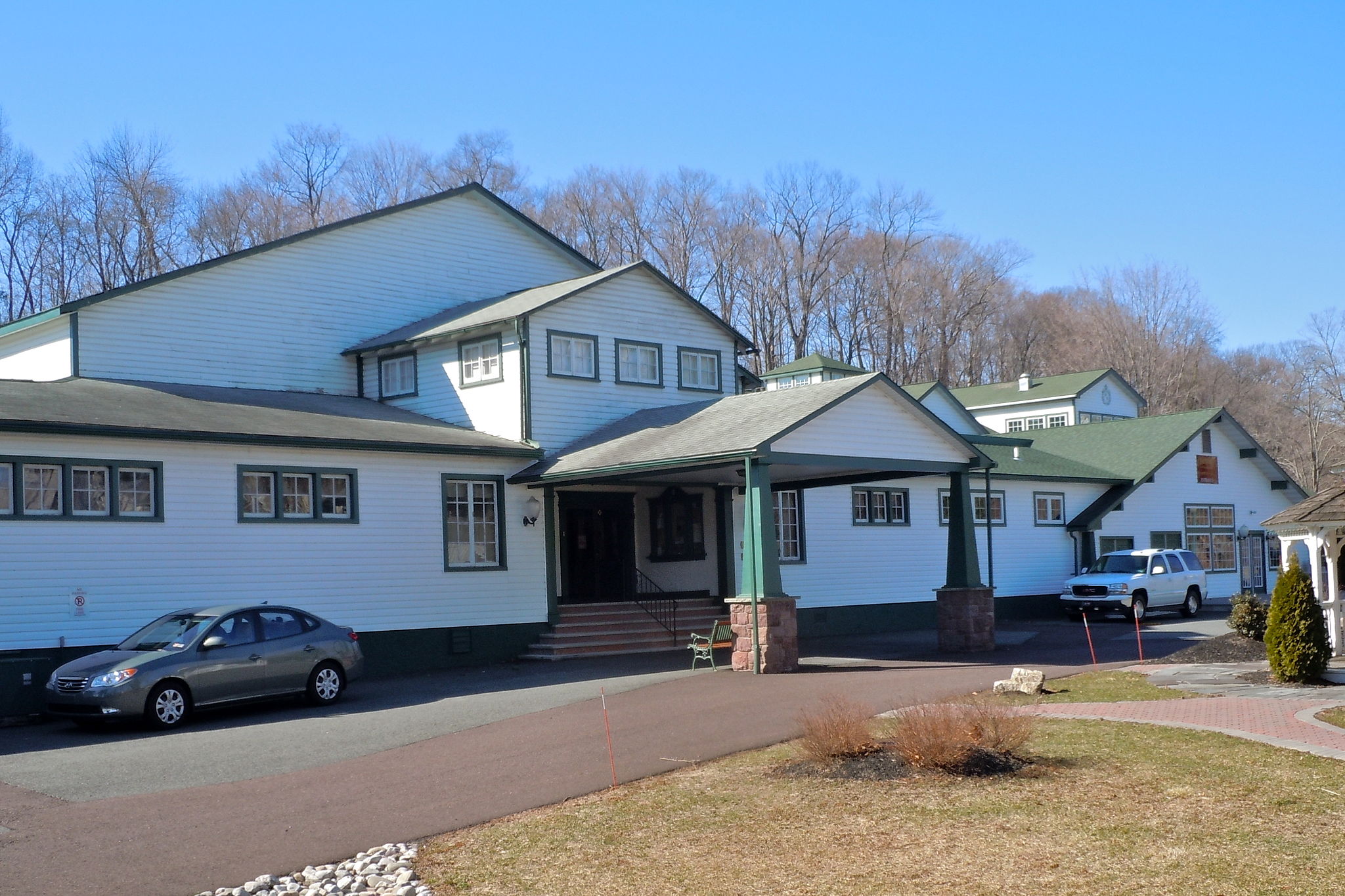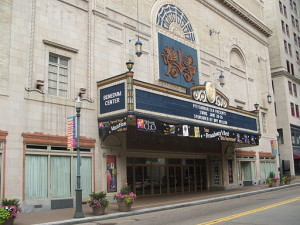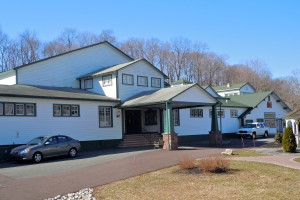Turning the calendar page from March to April is a cause for celebration on many fronts – the end of winter, the blooming of spring flowers, and an official reason to celebrate jazz! Yes, April is National Jazz Appreciation Month and Pennsylvania has a long, rich history with the musical genre. Jazz has its roots in the African-American communities of the American South, but made its way north during the Great Migration in the 1910s and 20s. Artists and organizations from Pennsylvania, especially Pittsburgh and Philadelphia, were hugely influential in the evolution of jazz and numerous communities built concert halls that hosted some of the most legendary performers on their cross country tours. Pennsylvania’s role in the history of jazz is so significant that Explorepahistory.com has a whole section devoted to the subject, including photos, recordings, and lesson plans.
Given the origins of jazz in the African-American community, it’s not surprising that the Commonwealth’s largest cities – Pittsburgh and Philadelphia – have an outsized number of people and places associated with its history. Both cities had significant African-American populations at the turn of the 20th century, and these communities grew in terms of numbers and influence throughout the first half of the century. In Pittsburgh, the Hill District east of Downtown was the center of the city’s African-American community and the location of numerous jazz clubs, social halls, and informal performance venues. Downtown, big bands like Benny Goodman and his orchestra made stops in places like the Stanley Theater. Built in 1928 as a movie palace, the Stanley was the work of architects Hoffman & Henon of Philadelphia, one of the most prolific theater design firms in the eastern United States. The Stanley was listed in the National Register of Historic Places in 1985 (Key #064361) and lives on as the Benedum Center for the Performing Arts.
![The John Coltrane House in Philadelphia. By Frank.bloise (Own work) [CC BY-SA 3.0 (http://creativecommons.org/licenses/by-sa/3.0)], via Wikimedia Commons.](https://pahistoricpreservation.com/wp-content/uploads/2015/04/JColtrane-300x204.jpg)
The John Coltrane House in Philadelphia. By Frank.bloise (Own work) [CC BY-SA 3.0 (http://creativecommons.org/licenses/by-sa/3.0)], via Wikimedia Commons.
Lest you think that love of jazz was limited to big cities, consider the popularity of places like Montgomery County’s Sunnybrook Ballroom. Located just outside of Pottstown, Sunnybrook Farm opened in 1902 as a picnic grove and boasted a large concrete swimming pool by the mid-1920s. In 1931 owner Ray Hartenstine built a large dance hall to provide entertainment options for teens and young adults in the area. He expanded the building in 1937, eventually constructing the largest Big Band-era dance floor east of the Mississippi. All the big names played Sunnybrook – Cab Calloway, Count Basie, Louis Armstrong, and Schuylkill County’s own Dorsey Brothers – often multiple times. The building became a restaurant for many years, operated by another name synonymous with jazz in the Philadelphia area – the Ortlieb family – before closing in 2005. Amid fears of abandonment and demolition, the building was purchased, rehabilitated, and opened as a special events venue by the nonprofit Sunnybrook Foundation, and continues to thrive today. Sunnybrook was listed in the National Register for significance in arts and culture in 2005 (Key #140507).
So, no matter what flavor of jazz you prefer, there’s a rich legacy for you to discover throughout Pennsylvania. Browse the web, take a road trip, or simply kick back, put some music on and soak up those cool notes of some of the Commonwealth’s most talented artists.
Comment Policy
PHMC welcomes and encourages topic-related comments on this blog. PHMC reserves the right to remove comments that in PHMC’s discretion do not follow participation guidelines.
Commenters and Comments shall be related to the blog post topic and respectful of others who use this site.
Commenters and Comments shall not: use language that is offensive, inflammatory or provocative (this includes, but is not limited to, using profanity, obscene, or vulgar comments); disparage other commenters or people; condone illegal activity; identify the location of known or suspected archeological sites; post personal information in comments such as addresses, phone numbers, e-mail addresses or other contact details, which may relate to you or other individuals; impersonate or falsely claim to represent a person or an organization; make any commercial endorsement or promotion of any product, service or publication.
If you would like to comment on other topics not related to this blog post but related to PHMC, please fill out the PHMC Contact Us Form.



Thanks for a great memory from a former Pottstown resident — for too short a time and too long ago.
You might be aware that at one time, Sunnybrook had a “competitor” of sorts — the Westside Ballroom in Berwick. I’m doing a little research for a friend, and would be very interested to know of dates when major acts might have played at one, or both locations; we have, for example, determined that Duke Ellington’s band made a swing — no pun intended 🙂 —
through Eastern Pennsylvania in the late summer of 1940.
So I would be very appreciative of any information which could point us in the right direction.
Thanks!
Have you any information or recollections of a small but very cool jazz band that played in the Allentown area in the 80’s, 90’s and perhaps 2000’s in very small venues called The Fugawees? My spelling may not be exact. My friend and I followed them for about 10 years to small bars etc. and they were just dynamite but folded when their leader retired and went to Florida. The name Clark Ferguson comes to mind, but I may be confusing him with another group. Thanks so much.
Sydney Davis
Allentown, PA